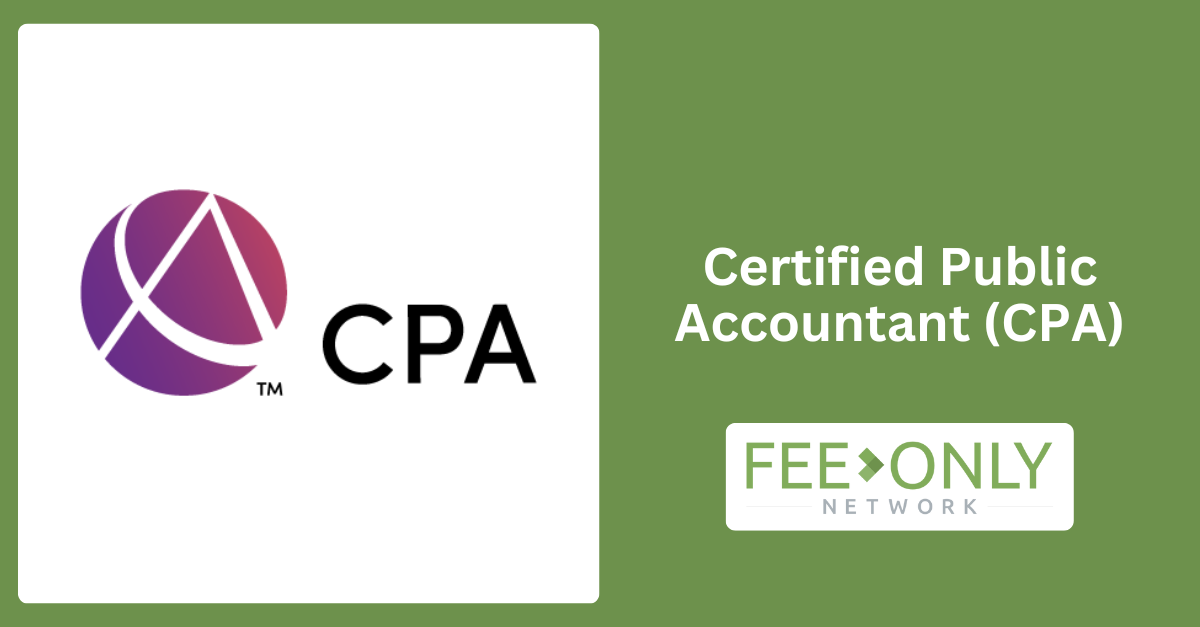
Updated: April 2, 2025

A Certified Public Accountant (CPA) is a licensed accounting professional who has met specific educational, examination, and experience requirements. CPAs are authorized to perform a range of accounting services, including auditing financial statements, preparing tax returns, and offering financial planning advice. Their designation signifies adherence to high ethical standards and a commitment to ongoing professional development.
CPAs play a crucial role in maintaining the integrity of financial reporting and ensuring compliance with applicable laws and regulations. Their primary responsibilities include:
To become a CPA, candidates must fulfill the following requirements:

While both CPAs and non-certified accountants can perform general accounting tasks, key distinctions include:
Engaging a CPA offers several advantages:
Certified Public Accountants (CPAs) are highly qualified professionals who offer a wide range of accounting and financial services. Their rigorous education, examination, and ethical standards ensure they are well-equipped to assist with auditing, tax preparation, financial planning, and more. Partnering with a CPA can provide invaluable expertise and assurance in navigating complex financial matters.
Governing Body: The American Institute of Certified Public Accountants (AICPA) is the national professional organization for CPAs in the United States.
What services can a CPA provide that a non-certified accountant cannot?
CPAs are authorized to perform auditing and attestation services, represent clients before the IRS, and provide assurance on financial statements, services that non-certified accountants are not permitted to offer.
How long does it take to become a CPA?
The timeline varies but generally includes completing 150 semester hours of education, gaining 1-2 years of relevant work experience, and passing the four-part CPA exam.
Are CPAs required to continue their education?
Yes, CPAs must fulfill continuing professional education (CPE) requirements to maintain their licensure, ensuring they stay updated on changes in laws and industry practices.
Can a CPA help with financial planning?
Absolutely, many CPAs offer financial planning services, including retirement planning, investment advice, and estate planning, leveraging their comprehensive financial expertise.
Is hiring a CPA necessary for tax preparation?
While not mandatory, hiring a CPA for tax preparation can be beneficial, especially for complex tax situations, as they offer expert knowledge and can represent you before the IRS if needed.

Allan Slider is the Founder of FeeOnlyNetwork.com, a one-of-a-kind digital platform that elevates the visibility of fee-only financial advisors, individually and collectively. Fee-Only advisors are ONLY compensated by the client and NEVER make commission by selling financial products, or receiving kickbacks from brokerage firms. Allan is a consumer & investor advocate and a 20+ year veteran of online marketing for financial advisors.

If you're seeing this message, it's because the web browser you're using to access our site is much older and no longer supported. Due to privacy and safety concerns, we don't allow older browsers to access our site. In order to access WhyFiduciary.com, please use a newer browser, like Internet Explorer 10 or above, Google Chrome, or Mozilla Firefox.
Download a newer browser